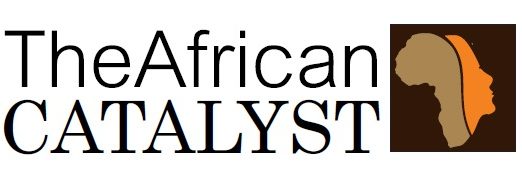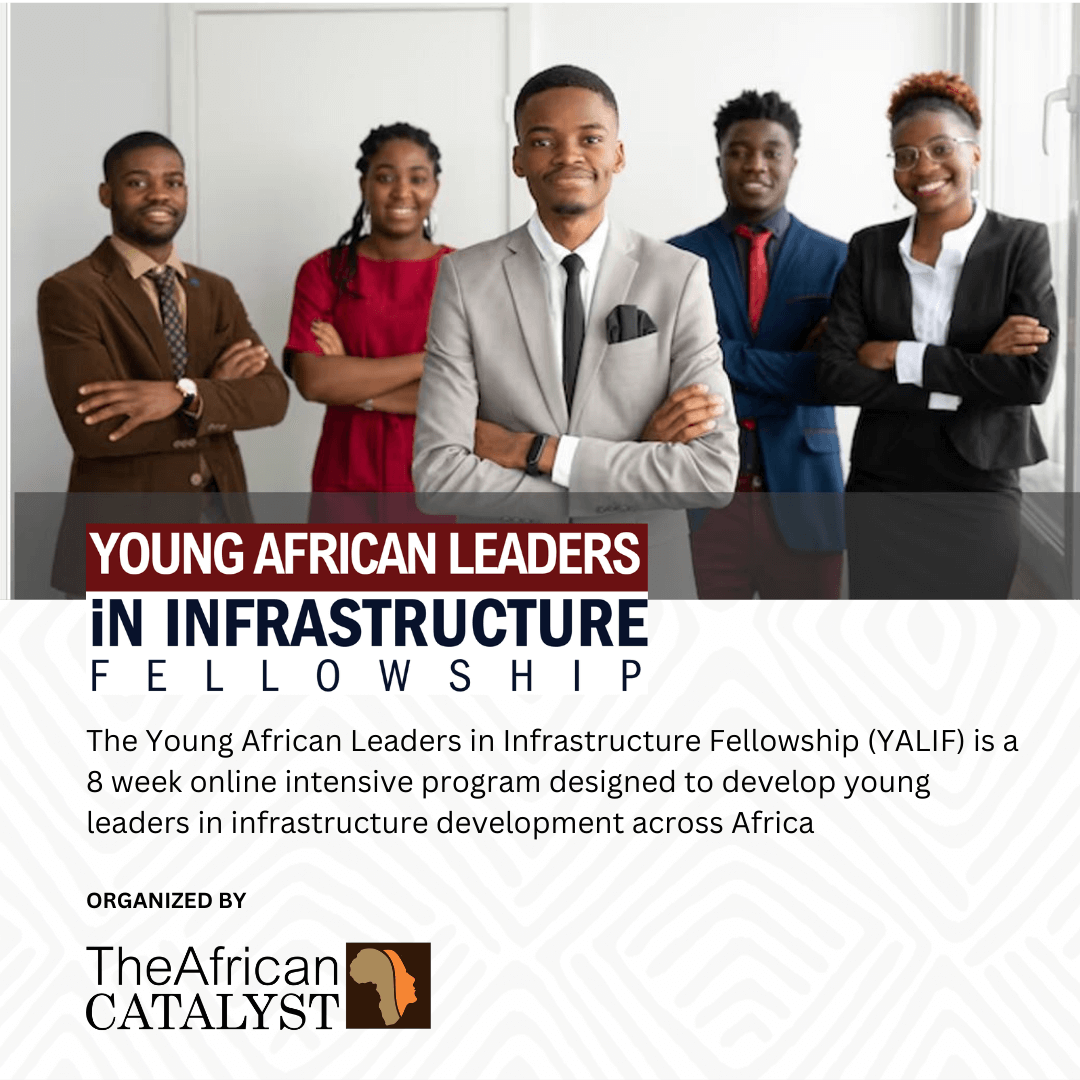Executive Summary
The proposed Cold Storage Facility aims to tackle the pressing issue of post-harvest losses in agriculture, particularly for perishable items such as potatoes and onions. By providing advanced cold storage services, the facility will help local farmers reduce spoilage and extend the shelf life of their produce, ultimately enhancing food security and agricultural productivity in the region.
A report from USAID highlights the critical need for cold storage systems in Nigeria, emphasizing that existing facilities primarily serve meat and fish preservation, with fewer options for fresh fruits and vegetables. The report indicates that improved cold storage can lead to significant benefits for farmers and agribusinesses, enhancing their income and reducing food scarcity1
The project will be structured under a Special Purpose Vehicle (SPV) which will oversee project financing, contracts and operations for the cold storage facility. Backed by reputable sponsors and lenders, the facility will be designed to generate stable and predictable cash flows through long-term agreements with farmers and off-takers. It will ensure timely and fixed construction delivery by collaborating with experienced engineering firms and adhering to best practices in governance and sustainability. These factors form the core pillars of the Brickstone Bankability Framework, aimed at making the project attractive to financiers, minimizing risks, and enhancing financial viability.
Review Capstone Report
Testimonial Video
Learn More about YALIF
The Young African Leaders in Infrastructure Fellowship (YALIF), developed by The African Catalyst, is an 8-week initiative aimed at empowering young leaders to address critical infrastructure gaps across Africa. Targeting professionals aged 22 to 40, the program provides a blend of theoretical knowledge and practical applications through live sessions, project-based learning, and case studies. Participants will explore key topics, including early-stage infrastructure development, financing strategies, sustainability, and risk allocation, ensuring a comprehensive understanding of the infrastructure project lifecycle.
YALIF not only develops individual skills but also positions graduates to influence Africa's infrastructure sector through transformative projects and innovative solutions. By bridging the gap between education and employment, the fellowship prepares its participants for roles in project finance, development consultancy, and governmental planning agencies. Ultimately, YALIF focuses on cultivating a new generation of leaders equipped to tackle the continent's infrastructure challenges while drivin
YALIF Fellow Profile
Maryam Jibril Muhammad
Maryam is a multifaceted professional with a background in architecture and an MBA, focusing on infrastructure finance, sustainable development, and project planning. She has played a key role in significant residential projects, emphasizing strategic planning and feasibility studies. Recently completing the YALIF program, I enhanced my skills in infrastructure financing and leadership.
She possesses a diverse range of experiences, including conducting NDPR compliance audits, teaching, and volunteering to teach out-of-school children. She also has practical experience in residential development projects, demonstrating her ability to blend design, planning, and sustainability principles effectively. Her goal is to contribute to Africa's advancement through infrastructure finance, urban resilience, renewable energy, and innovative solutions for sustainable development.
To know more, click here.



